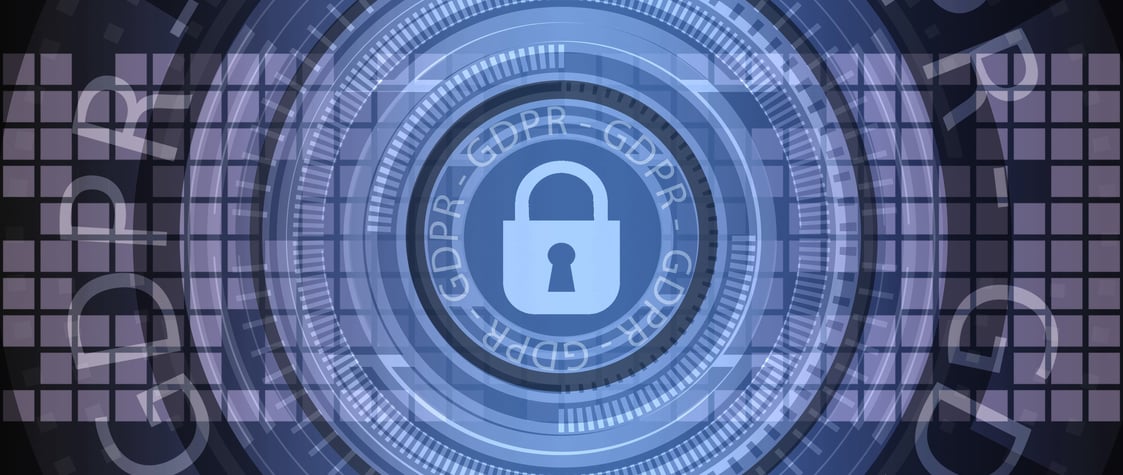Data Protection and Cybersecurity in International Arbitration Remain in the Spotlight
LEGAL INSIGHTS
Dipendra Singh Solanki
1/15/20253 min read


The exponential growth of international arbitration as a preferred mode of dispute resolution has been accompanied by increasing concerns regarding data protection and cybersecurity. With confidential information routinely exchanged and stored digitally, the risks of data breaches, cyberattacks, and inadvertent disclosures have surged. In this context, ensuring robust data protection and cybersecurity measures has become critical to maintaining trust in the arbitration process. This article explores the key challenges and evolving frameworks in this domain.
The Digitalization of Arbitration: A Double-Edged Sword
Digitalization has revolutionized international arbitration by enhancing efficiency and accessibility. Virtual hearings, cloud-based document repositories, and electronic submissions are now commonplace, especially post-pandemic. However, this digital shift has introduced vulnerabilities, with arbitration proceedings increasingly becoming targets of cyberattacks. High-profile cases involving sensitive commercial information or state secrets are particularly attractive to malicious actors, raising the stakes for cybersecurity in arbitration.
Key Challenges in Data Protection and Cybersecurity
1. Confidentiality and Privacy Risks
Confidentiality is a cornerstone of arbitration, yet the reliance on digital platforms exposes parties to risks of unauthorized access and data leaks. A breach could not only compromise the integrity of the proceedings but also lead to reputational damage and financial losses.
2. Fragmented Regulatory Landscape
The lack of a unified international framework for data protection complicates compliance. Arbitrators and parties must navigate diverse regulations, such as the EU’s General Data Protection Regulation (GDPR), the California Consumer Privacy Act (CCPA), and other jurisdiction-specific laws. These regulations often impose stringent requirements for data storage, transfer, and processing.
3. Technological Sophistication of Cyber Threats
Cyberattacks have become increasingly sophisticated, ranging from phishing and ransomware to advanced persistent threats (APTs). These attacks can disrupt proceedings, compromise sensitive data, or manipulate outcomes, undermining the credibility of arbitration.
4. Varying Standards Among Stakeholders
Arbitrators, counsel, and parties often operate under varying standards of cybersecurity and data protection. The absence of a universal benchmark for best practices exacerbates the risk of vulnerabilities.
International Efforts to Address the Challenges
1. Institutional Initiatives
Arbitral institutions have taken proactive steps to address cybersecurity concerns. For instance:
The International Chamber of Commerce (ICC) has issued guidelines emphasizing cybersecurity and data protection in arbitration.
The International Council for Commercial Arbitration (ICCA), in collaboration with the New York City Bar Association and CPR Institute, launched the Cybersecurity Protocol for International Arbitration in 2020. This protocol provides a framework for assessing cybersecurity risks and implementing tailored measures.
2. Technological Solutions
Technology providers have developed secure platforms tailored for arbitration. Features such as end-to-end encryption, multi-factor authentication, and restricted access controls are now standard in many platforms. Tools like virtual hearing rooms and document management systems are designed to ensure confidentiality and integrity.
3. Legal Developments
Data protection laws like the GDPR have had a profound impact on arbitration. Parties and institutions must ensure compliance with data handling requirements, such as obtaining explicit consent for data processing and safeguarding cross-border data transfers. Non-compliance can result in significant fines and legal challenges.
Best Practices for Enhancing Data Protection and Cybersecurity
To mitigate risks, stakeholders in international arbitration should adopt comprehensive measures, including:
1. Risk Assessments
Conducting regular cybersecurity risk assessments is crucial. Identifying vulnerabilities allows parties to implement targeted measures to address potential threats.
2. Cybersecurity Protocols
Adopting protocols like the ICCA-NYC Bar-CPR Cybersecurity Protocol can standardize practices and reduce discrepancies among stakeholders. These protocols offer a structured approach to managing cybersecurity risks throughout the arbitration lifecycle.
3. Training and Awareness
Continuous training for arbitrators, counsel, and parties is essential to ensure adherence to cybersecurity best practices. Awareness programs can help mitigate risks such as phishing and social engineering attacks.
4. Technological Safeguards
Utilizing secure platforms with robust encryption and access controls can significantly reduce vulnerabilities. Regular updates and audits of these systems are also necessary to keep pace with evolving threats.
5. Confidentiality Agreements
Tailored confidentiality agreements can address specific data protection and cybersecurity concerns, providing an additional layer of assurance.
Case Law and Practical Implications
Recent arbitral awards and court decisions have underscored the importance of data protection in arbitration. For example:
In Max Schrems v. Data Protection Commissioner (Schrems II), the Court of Justice of the European Union invalidated the EU-U.S. Privacy Shield, emphasizing the need for robust safeguards in cross-border data transfers. This decision has implications for international arbitration involving parties from the EU and the U.S.
Cases involving hacked emails submitted as evidence highlight the tension between admissibility and privacy. Arbitral tribunals must balance transparency with the need to protect confidential information.
The Way Forward
The spotlight on data protection and cybersecurity in international arbitration is unlikely to dim. As cyber threats evolve, so must the measures to counter them. A collaborative approach involving institutions, parties, and technology providers is essential to ensure that arbitration remains a trusted forum for dispute resolution.
Future developments may include:
The establishment of a global standard for cybersecurity in arbitration.
Increased adoption of blockchain technology for secure data storage and sharing.
Greater emphasis on cyber insurance to mitigate financial risks associated with breaches.
Conclusion
Data protection and cybersecurity are no longer peripheral issues in international arbitration; they are central to its integrity and effectiveness. While significant progress has been made, ongoing vigilance and innovation are required to address emerging challenges. By embracing best practices and leveraging technological advancements, stakeholders can safeguard the future of arbitration in an increasingly digital world.
